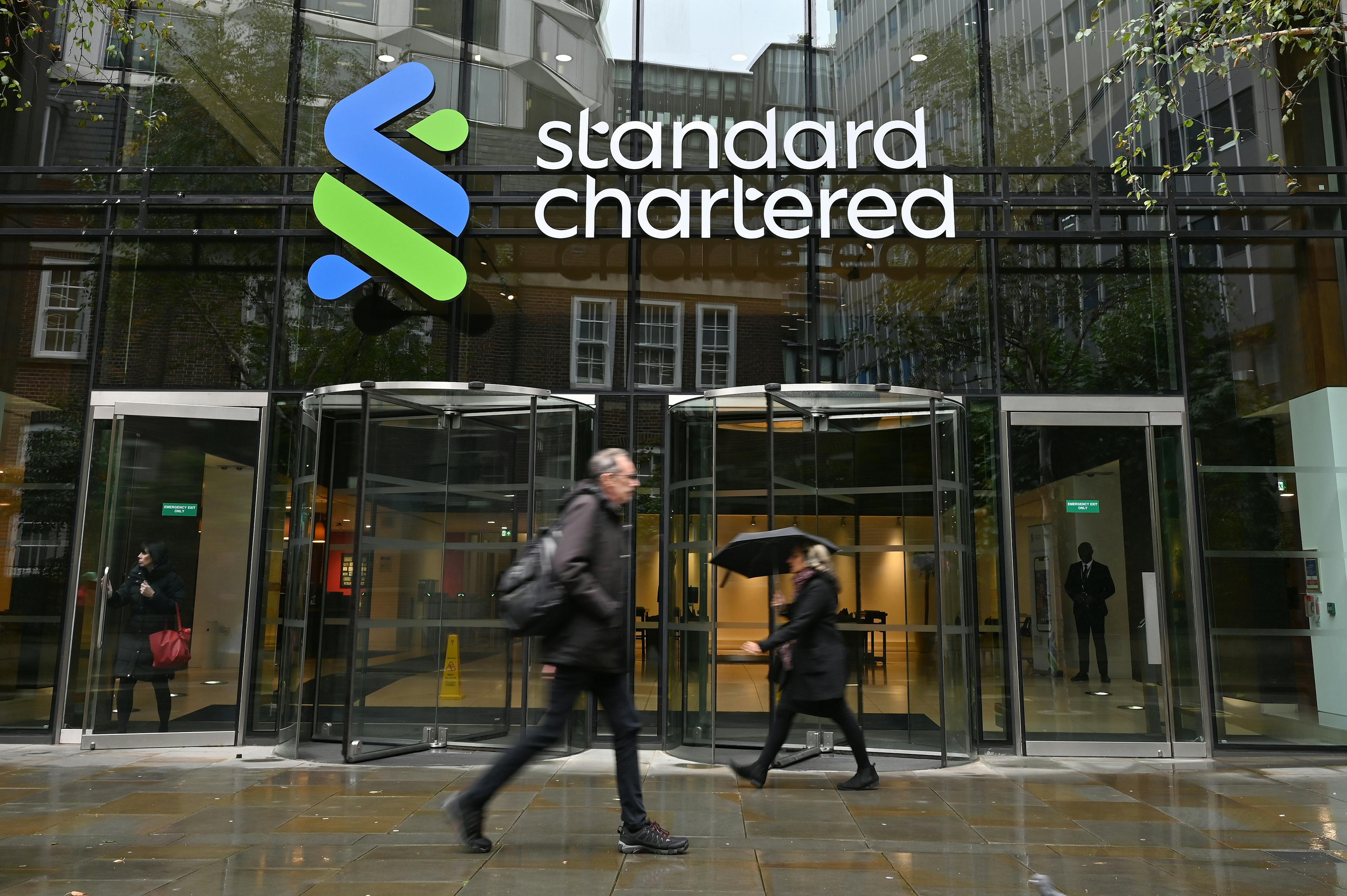Standard Chartered to offer spot bitcoin and ethereum institutional trading, a first for a “too big to fail” bank
Other “global systemically important” banks could soon follow.
Standard Chartered announced the launch of bitcoin and ethereum trading for institutional clients through its UK branch, becoming the “first global systemically important bank to offer secure, regulated and scalable access to Bitcoin and Ether deliverable spot trading,” it said in the press release.
Bill Winters, group chief executive of Standard Chartered, wrote:
“Digital assets are a foundational element of the evolution in financial services. They’re integral to enabling new pathways for innovation, greater inclusion and growth across the industry. As client demand accelerates further, we want to offer clients a route to transact, trade and manage digital asset risk safely and efficiently within regulatory requirements.”
Simply put, so-called global systemically important banks (G-SIBs) are financial institutions that are “too big to fail.” Standard Chartered is one of the 29 banks on the Financial Stability Board’s list of such institutions.
Mike Cahill, CEO of Douro Labs, told Sherwood News that it’s a significant signal about institutional appetite. “This kind of infrastructure gives institutional allocators the rails to engage deeply, and it will accelerate capital formation across the crypto ecosystem,” he said.
Cahill predicts this won’t be an isolated move, as when a G-SIB like Standard Chartered enters the market, it opens the door for peers to follow.
“We expect banks like HSBC, BNP Paribas, and Deutsche Bank to explore similar offerings in the near term, especially as demand for regulated access to digital assets increases among institutional clients,” he said. “This is an exciting time, because competitive pressure is officially on.”
Douglas Colkitt, a Fogo contributor, echoed the sentiment, saying it will now be much harder for the others to sit on the sidelines.
“I wouldn’t be surprised to see names like Citi, Société Générale, or UBS roll something out next, especially if these institutions have existing digital asset teams or tokenization pilots underway,” Colkitt said.
